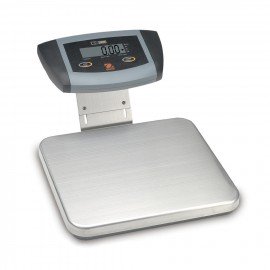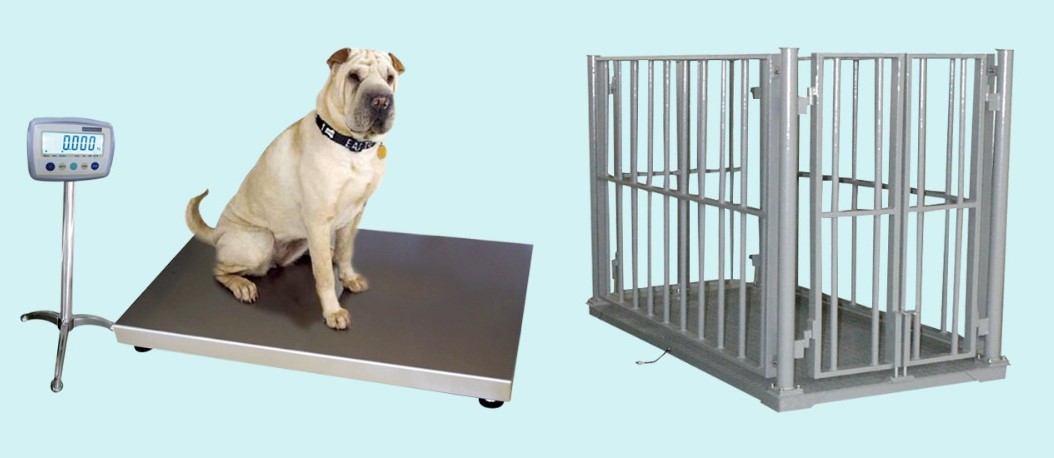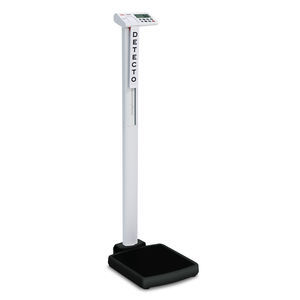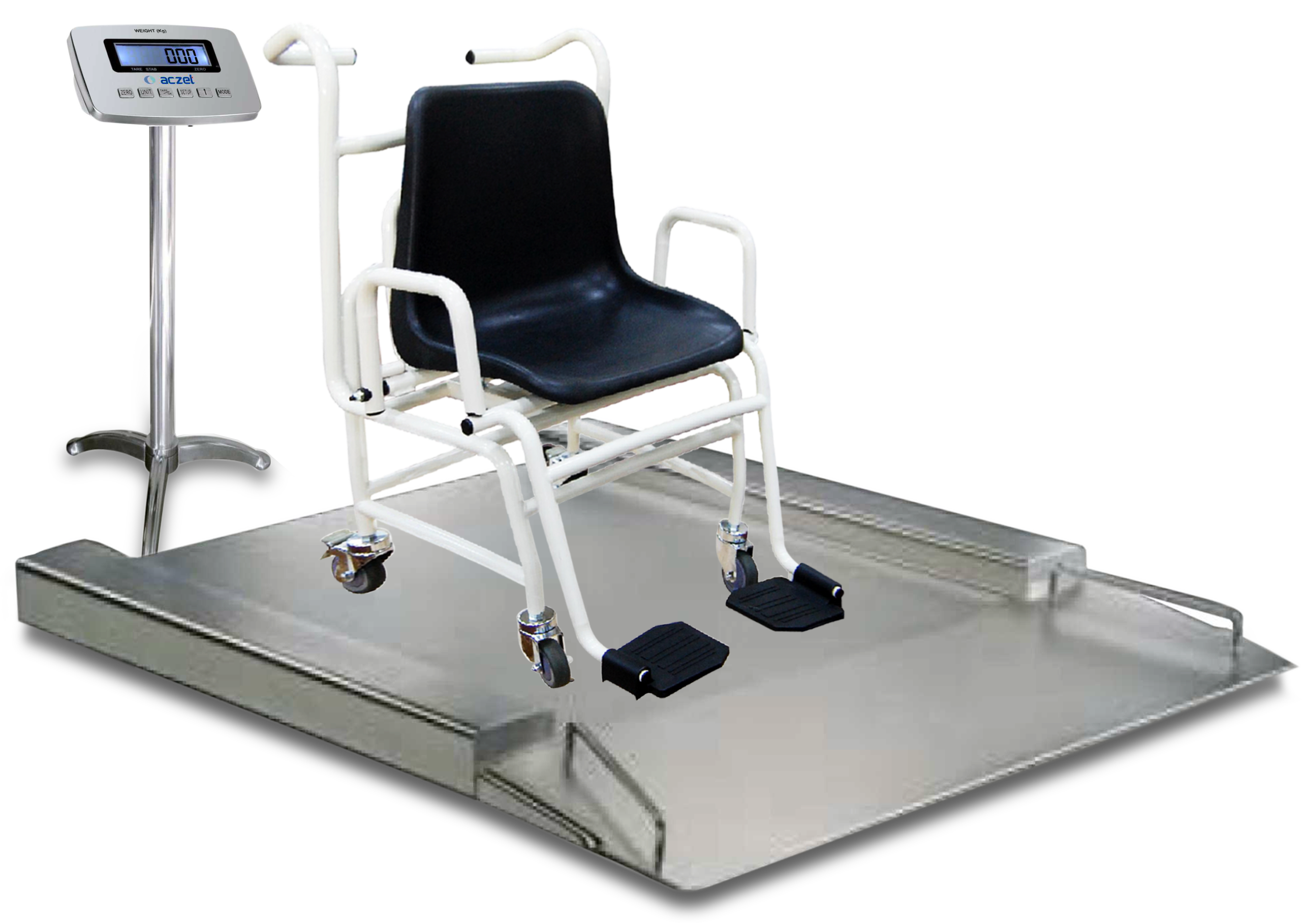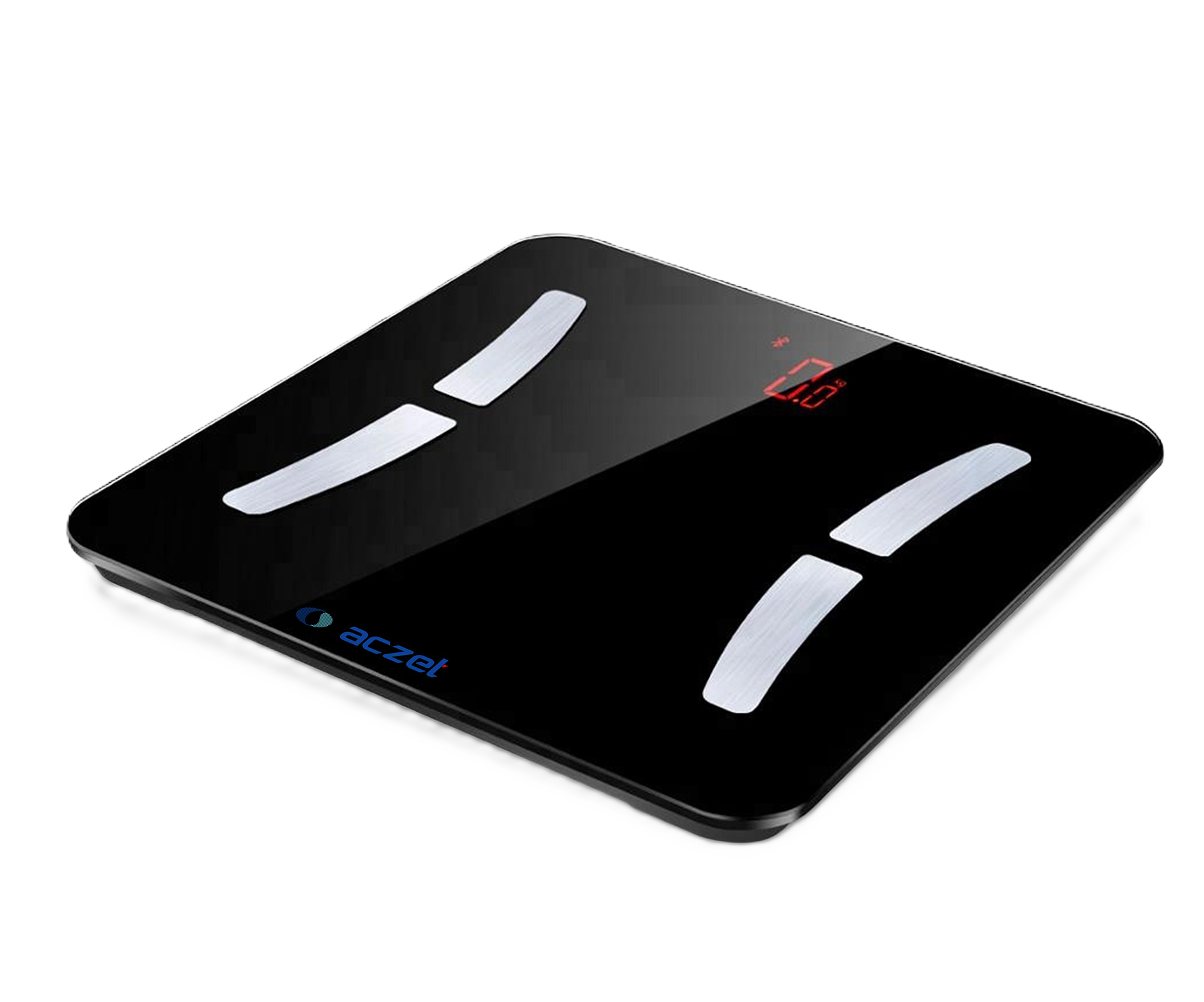
Aczet
-
Types:
- Digital Scales: Provide precise weight readings with a digital display. They often include additional features like body fat percentage and BMI calculations.
- Mechanical Scales: Use a dial and are typically more durable, but may not offer as many features as digital models.
Features:
- Body Composition Analysis: Some digital scales measure body fat, muscle mass, water percentage, and bone density.
- BMI Calculation: Many scales calculate Body Mass Index based on weight and height.
- Memory Function: Allows users to track and store multiple users' weights and monitor progress over time.
Accuracy: Digital scales tend to be more accurate and can provide more precise measurements compared to mechanical scales.
Capacity: Home scales typically accommodate a wide range of weights, often up to 150-200 kg (330-440 lbs).
Design:
- Platform Size: Larger platforms can provide better stability and comfort.
- Display: Clear, easy-to-read digital displays are common, with some models featuring backlighting for visibility in low light.
Ease of Use: Designed for simple operation, usually requiring just a step-on to get a reading.
Connectivity: Some modern scales offer Bluetooth or Wi-Fi connectivity to sync data with health apps or devices for detailed tracking.
Maintenance: Generally low-maintenance, but may require occasional battery replacement or calibration.
Durability: Built to handle regular use, but care should be taken to avoid damage from excessive moisture or rough handling.
Safety: Non-slip surfaces and stable bases help prevent accidents during use.
